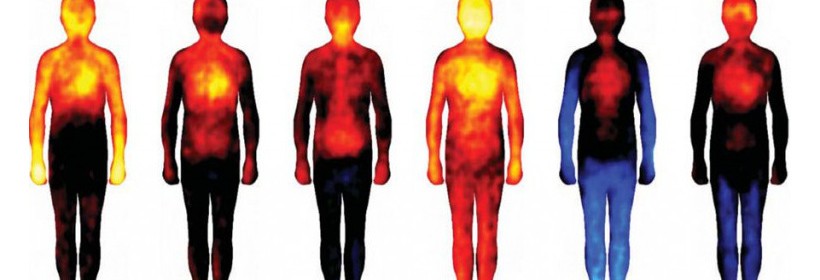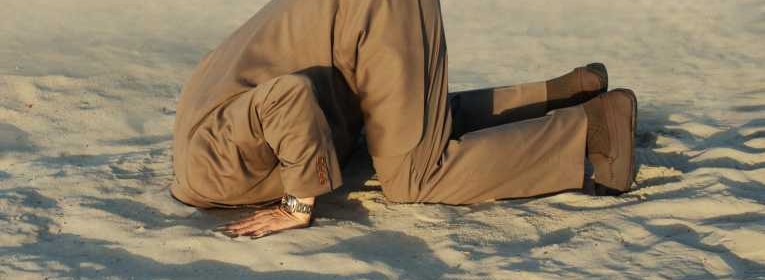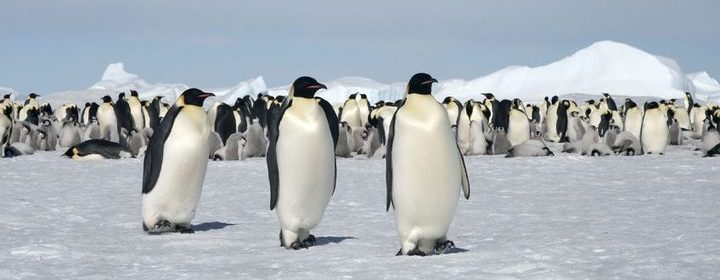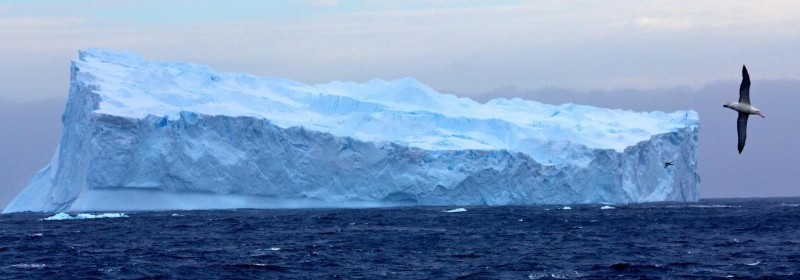Mapping human emotions

When you’re angry, your face, head, and arms grow hot When you’re depressed, a cold numbness grips your head and arms. Love triggers a warm glow throughout your upper body, especially around your heart. Human emotions, a new study has found, are directly linked to sensations in specific body parts, and the map is largely the same across different cultures. […]
Read more








